"Iran’s voluntary commitments, as a matter of fact, have nothing to do with either nuclear non-proliferation or the provisions of the Safeguards Agreement and the Additional Protocol to it Tehran signed with the IAEA," the ministry stressed. "Iran is fully committed to its legal liabilities before the agency and under the non-proliferation treaty."
"The facility at Nataz, like all other elements of the Iranian nuclear program, is under close control of IAEA inspectors and the Iranian side is doing its best to help the agency and ensure utter transparency of all its activities," the ministry noted, according to TASS.
Iran’s statements about gradual scaling down of its commitments under the nuclear deal should not cause such a stir, the Russian foreign ministry said.
"The statements about a firm intention to make another step towards gradual scaling down of commitments under the nuclear deal made by representatives of Iran’s foreign ministry and the Atomic Energy Organization at a news conference in Tehran on July 7 should not cause such a stir," the ministry said. "It is solely about Iran’s voluntary liabilities undertaken in the spirit of compromise and for the sake of signing the Joint Comprehensive Plan of Action (JCPOA)."
"In the meantime, the terms of the deal were flagrantly violated long ago. And, as we all know, it was not done by Iran," the ministry stressed. "A possibility to thoroughly discuss that matter will present itself at an extraordinary meeting of the IAEA Board of Governors on July 10 that, by ironic quirk, will be convened at the request of the United States which waived all of its liabilities under the JCPOA a year ago and violated United Nations Security Council Resolution 2231 but nevertheless demands Iran continue to implement its commitments."
Russia, according to the ministry, expects the IAEA to officially verify that the Iranian side has exceeded the uranium enrichment levels at the Natanz facility set by the JCPOA. It insists that the only source of reliable information about that is only the IAEA, which enjoys exclusive rights to conduct monitoring and verification activities under United Nations Security Council Resolution 2231.
The ministry stressed that the situation around the JCPOA requires concentrated and consolidated efforts of the member nations to maintain the viability of these agreements that are of paramount importance for both international peace and security and for the integrity of the global nuclear non-proliferation regime.
"We give credit to the Iranian representatives for refraining from statements about suspension or revision of the projects for the modernization of the research reactor at Arak," the ministry said. "All works in this sphere proceed as scheduled. The parties involved have managed to speed up the implementation of this project, despite the United States’ desperate resistance and sanctions."
The ministry called for resolute steps in other areas. "We must not yield to emotions: opponents of the nuclear deal are only waiting for a chance to do away with it. At its meeting in June, the Joint Commission of the JCPOA clearly named the urgent challenges the participating nations must work on. Judging by Arak, such solutions are quite reachable," it noted.
"We are confident that the long-term sustainable implementation of the JCPOA can be ensured only on the basis of full commitment of all the parties concerned to their liabilities, with the balance of interests and reliance on the principle of reciprocity that is the core of the nuclear deal," the ministry added.
MNA/TASS


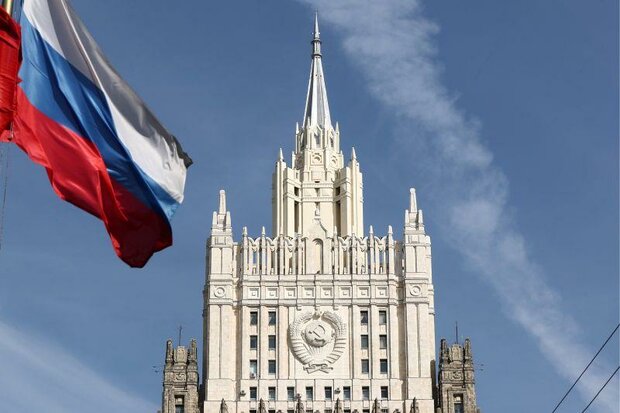


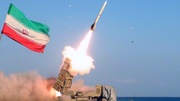
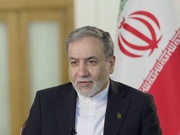
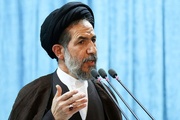

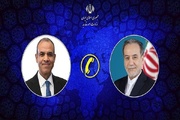
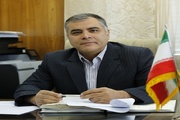
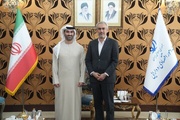
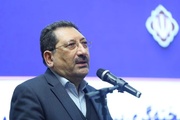









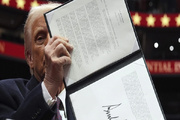


Your Comment